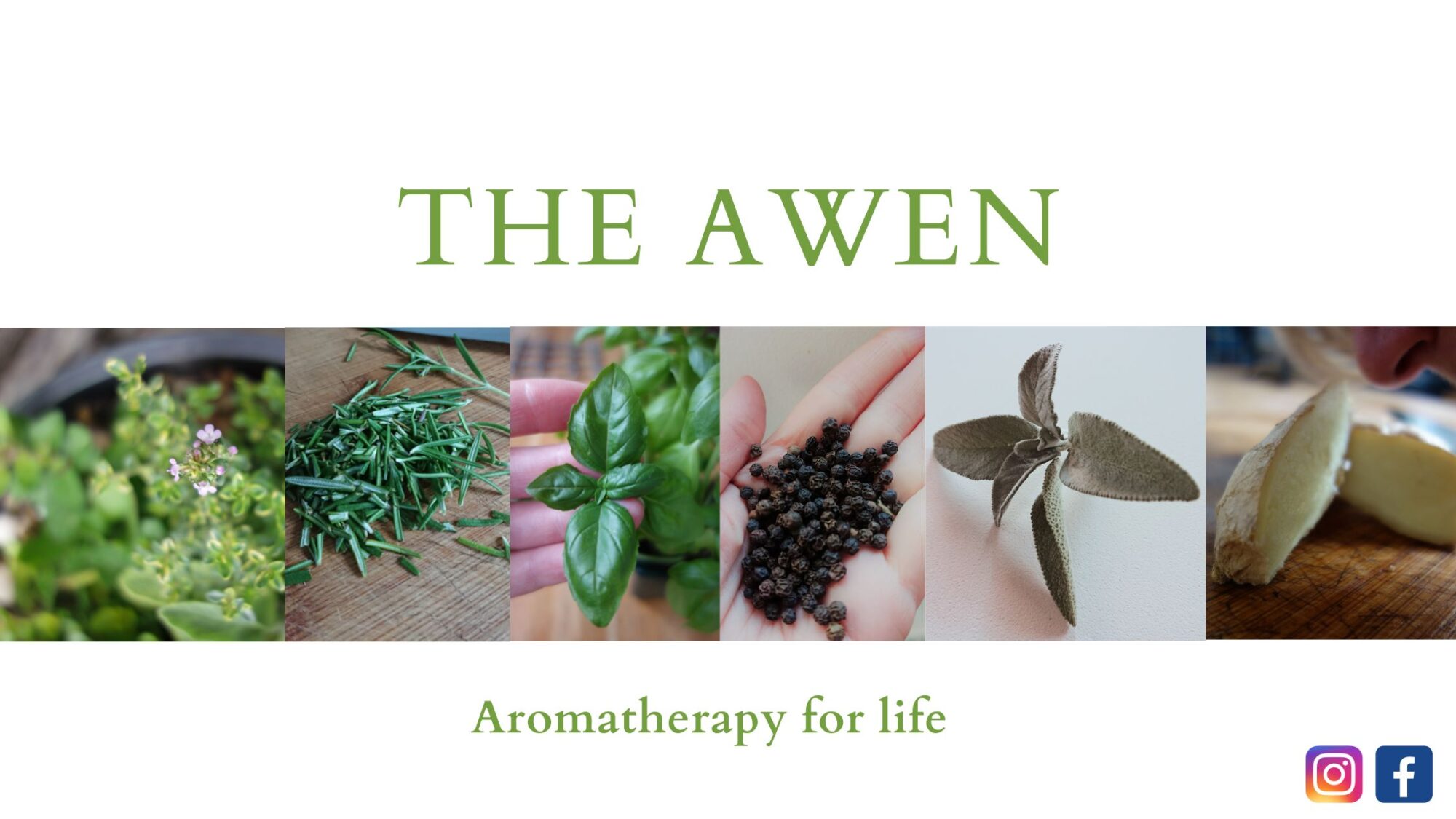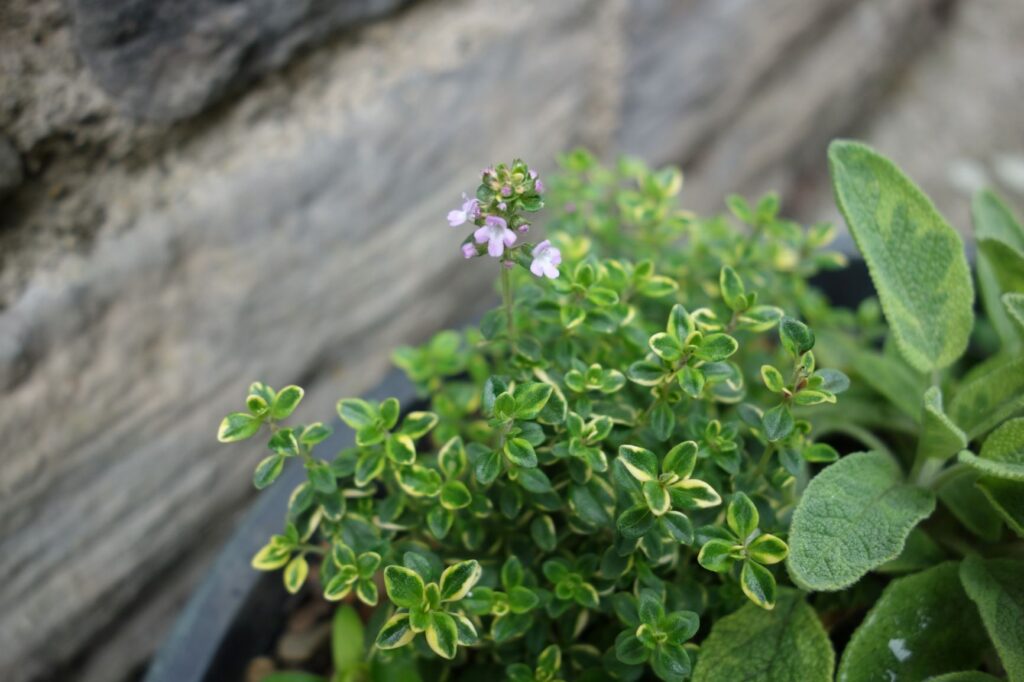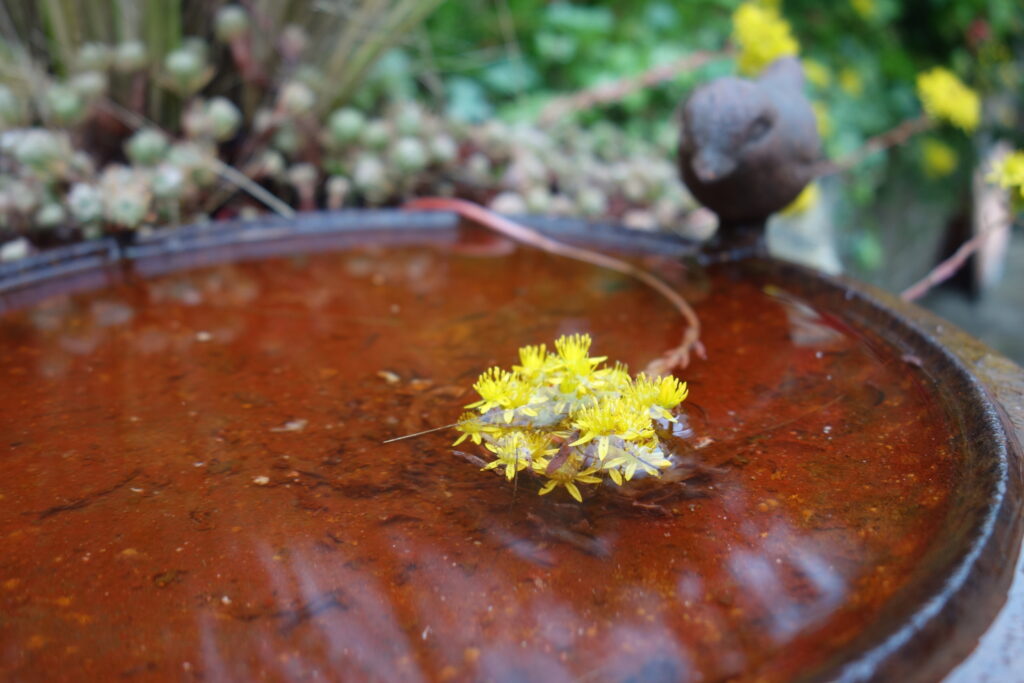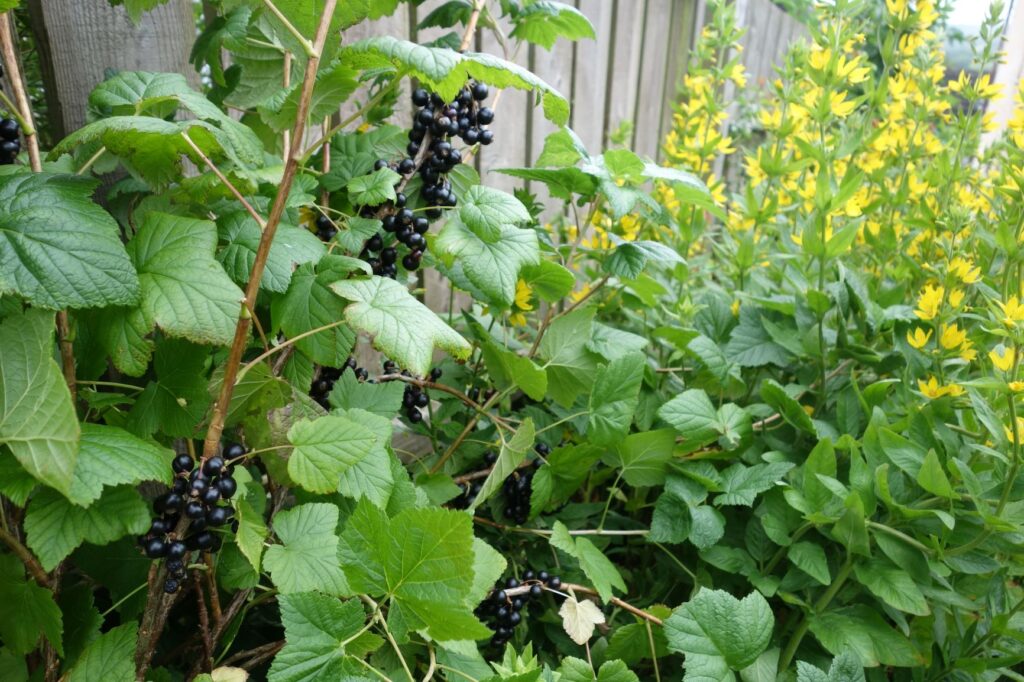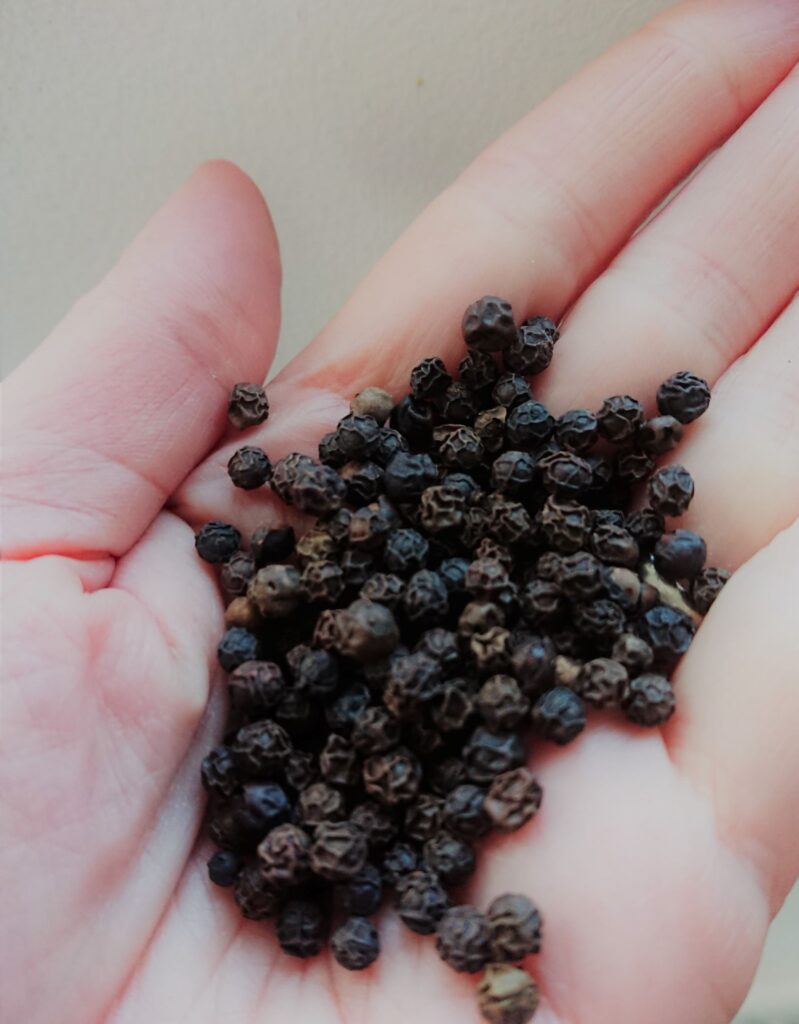
Black pepper (Piper nigrum) is distilled from the dried crushed fruit of the vine and has a sharp, clean, spicy aroma. If I were to sum up this oil in one word it would be stimulating.
It is an oil I turn to when treating muscular-skeletal aches and pains as it is warming, a tonic for tired muscles so good to use before and after sport. It is rubefacient; when applied it reddens the skin due to the dilation of the capillaries therefore excellent for stimulating circulation and the lymphatic system. It has been used for over 4000 years in India to treat urinary and liver disorders because of it’s detoxifying nature.
It can help stimulate digestion, improving one’s appetite and aiding those with constipation. A good decongestant it helps shift catarrh brought on from colds and coughs.
It blends beautifully with citrus oils such as Lemon (Citrus limon) or Orange (Citrus sinensis), or flower oils such as Geranium (Pelargonium graveolens), or a resin oil such as Frankincense (Boswellia sacra).
Due to it’s fiery nature I would avoid using it with the elderly and children, and has the potential to irritate the kidneys and sensitive skin. Avoid in pregnancy and if taking homeopathic remedies.
